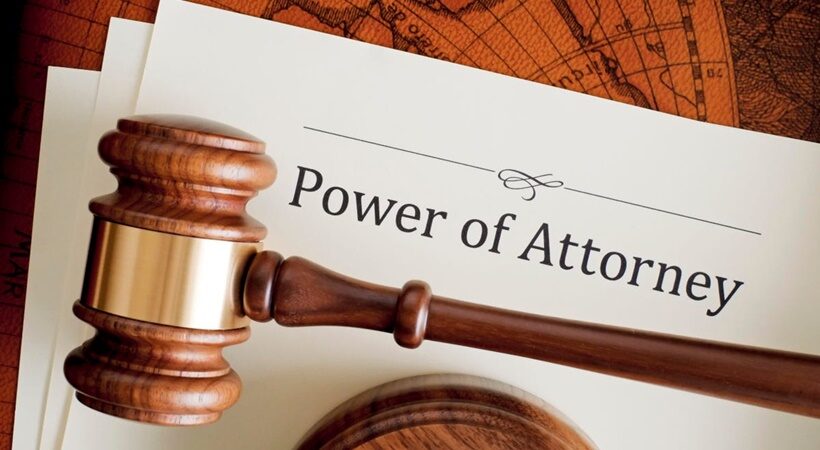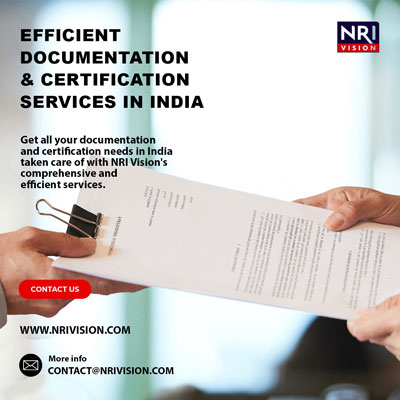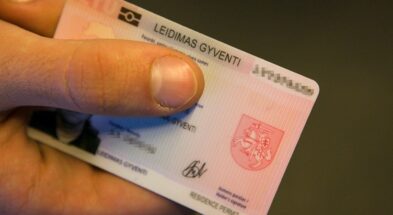Power of Attorney can be defined as a power or a right that an individual (principal) grants to an attorney (his legal representative). This creates a principal-legal representative relationship between them and will bind the principal by the acts of the legal representative.
Power of Attorney (PoA) is the best tool for NRIs to manage their assets in India. As PoA comes with lots of benefits even resident Indians execute PoAs. People having properties at several places face difficulty in managing these by being physically present everywhere, therefore they execute PoAs to manage these properties efficiently by delegating the responsibility to someone else.
There are several types of PoAs:
Special PoA: Under special PoA the power delegated to the agent is restricted and limited to a specific purpose
General PoA: Under a general PoA broad powers are delegated to the representative to make decisions, besides he can also carry out various activities on behalf of the principal without any limitations.
Durable PoA: A durable PoA remains effective for a lifetime unless specifically cancelled. In this a specific clause can be inserted in the document, stating that the representative’s power would remain valid even if the principal becomes incapacitated.
PoA in real estate: Under this, the PoA can be used for various purposes like mortgage, exchange, sell, lease, collect rent, grant, borrow, manage and settle disputes, perform bank duties, enter into contracts and deal with bonds.
If the NRI is present in India, before going abroad he could execute the PoA from India himself. The NRI must draft the desired matter of the PoA and type it on a 100 rupees stamp paper. Along with the representative and two witnesses, the person must visit the sub-registrar’s office. All must carry their identity proofs and photocopy of the PoA and the original copy.
At the sub-registrar’s office signatures, photographs and fingerprints of the parties will be collected. The registered PoA must be collected from the sub-registrar’s office. The process might take 4-5 days to complete.
If a person settled outside India is unable to come to India he can execute a PoA from his country of residence through the Indian Embassy or Consulate by way of legalization or apostalisation.
Power of Attorney can ease out the following activities:
Operating bank accounts
Issuing cheques from the account
Buying, managing and selling real estate property
Getting home loans or purchasing property insurance
Settling claims and entering into contracts
Signing tax forms
Power of Attorney can be revoked in the following circumstances:
PoA can be revoked during the lifetime of the principal
PoA can be revoked when the principal dies or becomes insane or insolvent
PoA can be revoked when mutually agreed by the principal and representative
PoA can be revoked when the purpose for the appointment of the representative is fulfilled.
Power of Attorney can be revoked by a public notification of revocation published in a local newspaper and sending a copy to the Power of Attorney holder or if the Power of Attorney is irrevocable it can only be revoked by the judicial order.
The NRI must be very cautious while appointing a Power of Attorney holder in India. Due to his absence in the country, there are high chances of the representative misusing the document.
There is a wide misconception that payment towards property transactions should be transferred to the POA holder, this is entirely incorrect. The resident Indian buyer must make the payment to NRI’s NRE or NRO account. The NRI can authorize the PoA holder to collect the payment on his behalf but cannot authorize payments to a PoA holder.



















